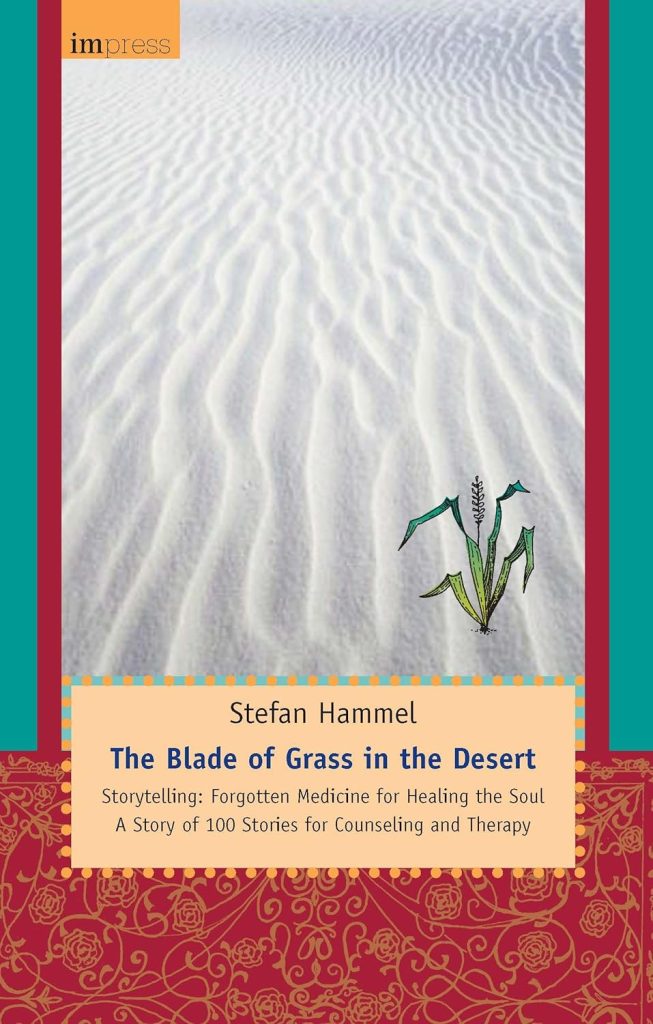I asked an AI developer to build me a chatbot with offers for therapeutic interventions based on my manual for therapeutic utilization, among other things.
The prototype has been refined and improved over the last few months.
You can find the AI assistant for Utilization and Supervision embedded in my
🔗 Blog.
If you feel like it, you can play around with it (e.g. ask: “my client suffers from moth phobia and tinnitus, how can I help her therapeutically / do you have a story I can tell her) and write me what positive / negative experiences you have had with it and what you think should be improved.
The AI also works if you speak to him in other languages.
I look forward to your feedback 📧.
Your Stefan


